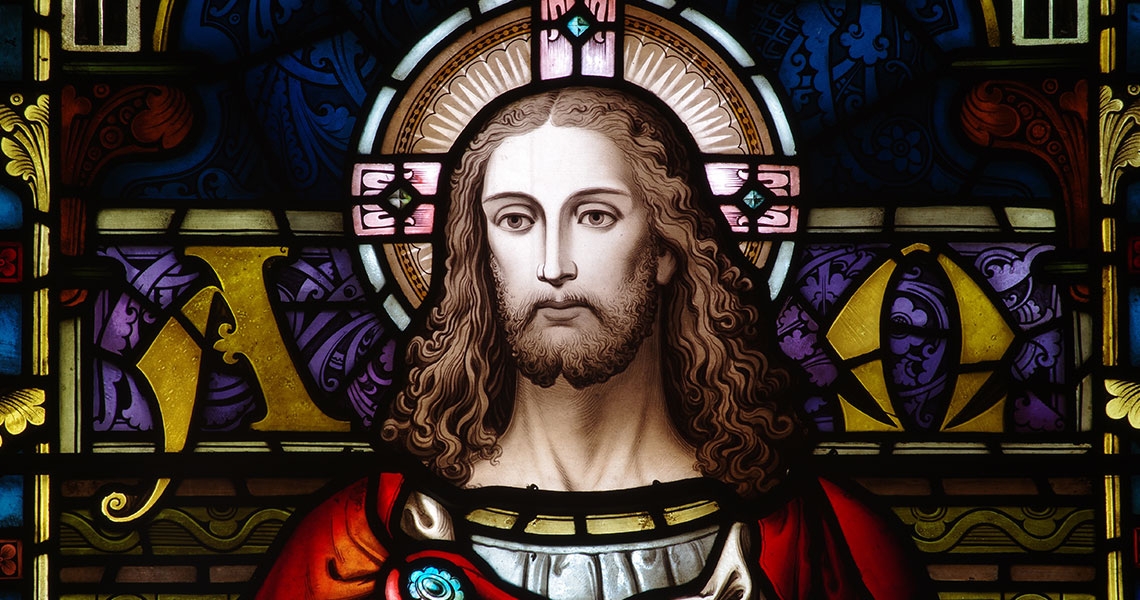
Arne Rasmusson has written a new article in Modern Theology with the title "Radical Orthodoxy on Catholicism, Protestantism and Liberalism/Liberality: On the Use of Historical Narratives and Quantitative Methods in Political Theology". Here is the abstract:
Political theology assumes or depends, implicitly or explicitly, on historical narratives and empirical claims. For theologians making historical, socio-cultural and economic claims an interdisciplinary use of several different methods is helpful, including a theologically and philosophically informed combination of historical narratives with social and economic quantitative methods.
This argument is fleshed out by a critical analysis of historical and sociological claims about Catholicism, Anglicanism, and Protestantism in relation to liberalism and liberality, which are central to the argument of John Milbank’s and Adrian Pabst’s book The Politics of Virtue. They find the roots of an increasingly untenable abstract atomistic liberalism both in late medieval and Protestant (especially Calvinist) theology as well as in the dissenting nonconforming traditions that worked for the disestablishment of the Church. This very disestablishment is part of what creates modern liberalism. This article both sketches a partly alternative history to the one Milbank and Pabst provide, pointing to the role of creative minorities in certain dissenting Protestant churches and movements for the emergence of the type of liberality Milbank and Pabst defend, and tests these claims against quantitative social science studies on democracy, social trust, and corruption.






